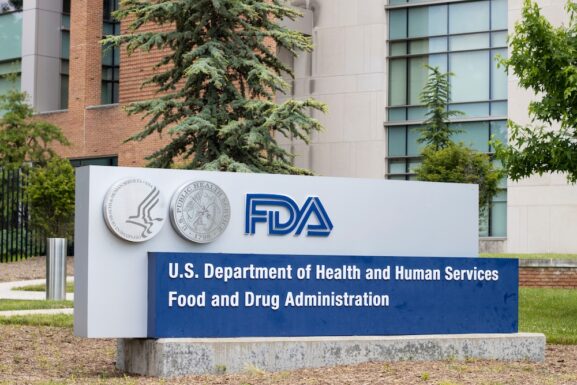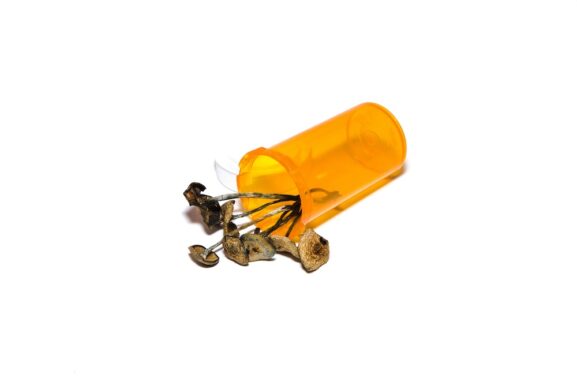Johns Hopkins Recommends Key Safety Measures for Psychedelic Research
In recent years, the field of psychedelic research has expanded, with substances like psilocybin and LSD showing promise for treating conditions such as depression and anxiety. However, as these therapies move closer to mainstream use, it is crucial to ensure that the processes surrounding their administration are both safe and transparent. Johns Hopkins Medicine is leading efforts to refine key areas like informed consent, risk communication, and adverse event monitoring in psychedelic research.
New: Interested in Being Part of a Psychedelics-Focused Clinical Trial? Sign Up Here
Evidenced-Based Messaging and Public Education
Johns Hopkins emphasizes the need for balanced, evidence-based messaging about psychedelics. While the therapeutic potential of these substances is substantial, it’s essential to communicate both their benefits and risks accurately. Public education efforts, such as the “Psychedelic Risks, Side Effects, and Potential Harms” video, aim to combat exaggerated claims and misconceptions. The video provides a straightforward, science-backed overview of psychedelics, ensuring the public receives reliable information about their use.
Looking for treatment? Find ketamine clinics closest to you as well as other psychedelic therapies in your area.
Here’s a breakdown of Johns Hopkins’ recommendations:
| Recommendation | Description |
|---|---|
| Evidenced-Based Messaging | Promote balanced, science-backed communication about the benefits and risks of psychedelics to combat misinformation and ensure public understanding. |
| Improved Informed Consent | Develop adaptive consent models that evolve throughout the research process to better inform participants about potential experiences and risks. |
| Adverse Event Surveillance | Implement standardized protocols for monitoring and reporting adverse events, ensuring participant safety and data accuracy. |
| Pharmacovigilance | Adhere to pharmacovigilance standards to track and report risks, especially in populations with psychiatric conditions, to improve safety and research quality. |
| Public Education | Use educational tools, like videos, to provide clear, reliable information about psychedelics, addressing both therapeutic potential and possible harms. |
Psychedelic AI is Here! Try out the beta version of HealingChat, HealingMaps AI chatbot that takes all our vetted content, clinics and retreats to answer all your questions in a safe environment. Try the beta version now!
Informed Consent in Psychedelic Research
Informed consent remains a cornerstone of ethical research, and psychedelics present unique challenges in this area. While these substances are not inherently more dangerous than other medical treatments, their capacity to alter perception requires careful consideration. The current consent process struggles to convey the nuanced experiences participants may undergo. Johns Hopkins is working on adaptive consent models that can evolve during the research process, enhancing participant understanding at each stage—from preparation through post-session follow-ups.
Adverse Event Surveillance and Safety Monitoring
Monitoring adverse events is another critical aspect of ensuring safety in psychedelic research. Studies conducted in controlled environments have reported low rates of serious adverse events (SAEs) among healthy participants. However, those with psychiatric conditions may face higher risks. Non-serious adverse events, such as perceptual changes or cardiovascular issues, are typically rare but warrant ongoing monitoring. Johns Hopkins advocates for standardized protocols for reporting these events to improve data quality and safety measures across the field.
Improving Pharmacovigilance
As psychedelic therapies advance, so must the methods for tracking and reporting adverse events. Researchers at Johns Hopkins stress the importance of adhering to established pharmacovigilance standards. This includes clear and transparent reporting of adverse events and the development of systems to track specific risks, such as cardiovascular issues or changes in behavior. These improvements could set new standards not only in psychedelic research but across all medical disciplines.



